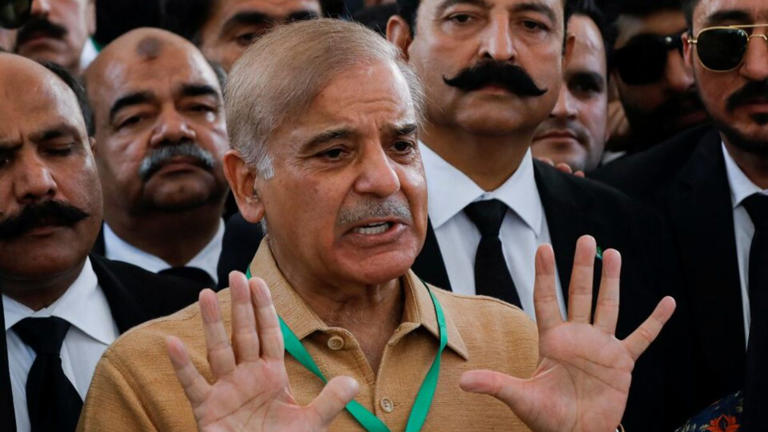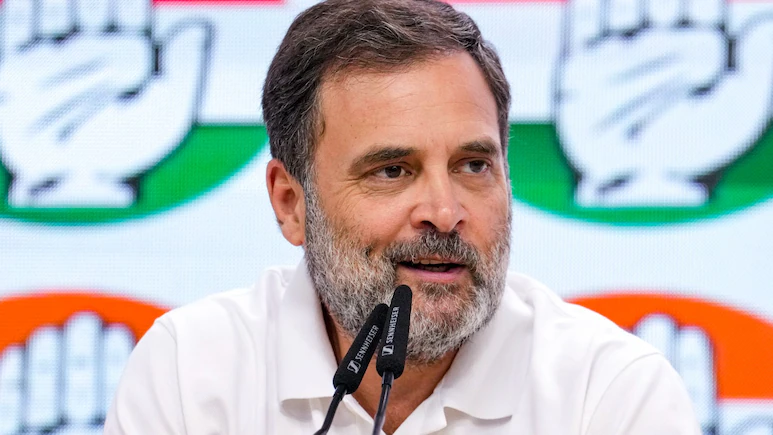Why Pakistan’s PM Admitted to Indian Missile Strikes
Indian ballistic missiles struck multiple targets in Pakistan, including the strategic Nur Khan Airbase in Rawalpindi, as part of “Operation Sindoor.” Pakistan’s Prime Minister Shehbaz Sharif confirmed this in a rare public statement, noting that he was informed of the strikes at 2:30 am by Army Chief General Asim Munir. The operation was India’s retaliation for the Pahalgam terror attack, which killed 26 people and was attributed to Pakistan-based terror groups. Satellite imagery later revealed visible damage to the airbase and other military installations, confirming the precision and impact of the strikes.
Sharif acknowledged that Pakistan’s Air Force responded using local technology and Chinese jets but admitted the Indian missiles hit their intended targets. This event marks a significant escalation in India-Pakistan tensions, with India showcasing its military capabilities and Pakistan publicly confirming the strikes for the first time.
What Did PM Shehbaz Sharif Reveal? And Why Is It So Shocking?
Sharif’s admission is unprecedented, as Pakistan has historically denied or downplayed Indian military actions on its soil. By openly confirming the strikes, Sharif has broken from this tradition, sparking widespread discussion in both Indian and Pakistani media. This transparency could signal a shift in Pakistan’s political or military strategy, possibly to acknowledge the reality of India’s military reach or to rally domestic support by highlighting Pakistan’s response.
The admission also underscores the effectiveness of India’s “Operation Sindoor,” which demonstrated advanced missile technology and strategic planning. Indian officials have emphasized the operation’s success, while in Pakistan, it has triggered debates about national security and military preparedness.
What Are the Global and Regional Implications of This Admission?
The confirmation of Indian missile strikes has far-reaching implications for India-Pakistan relations and regional stability. For India, it reinforces its stance of zero tolerance for terrorism and its ability to conduct precise, cross-border operations. For Pakistan, the admission may pressure its military to reassess defense strategies, especially given the reliance on Chinese jets and local technology, as mentioned by Sharif.
Globally, this event could influence perceptions of South Asian geopolitics, with analysts closely watching for potential escalations or diplomatic responses. The public nature of Sharif’s statement, combined with satellite evidence, ensures that this incident remains a focal point for discussions on military technology, cross-border conflicts, and international relations.





















